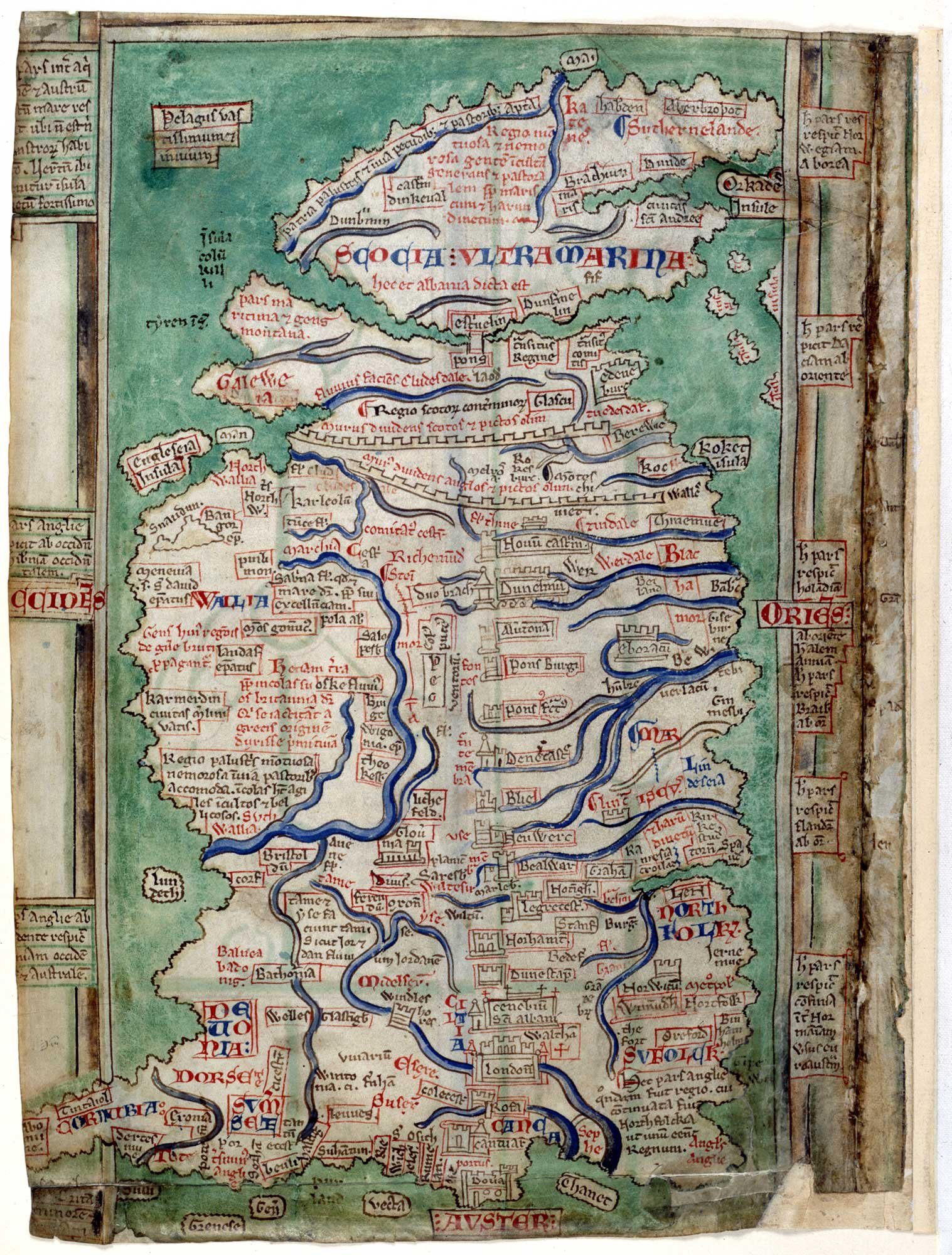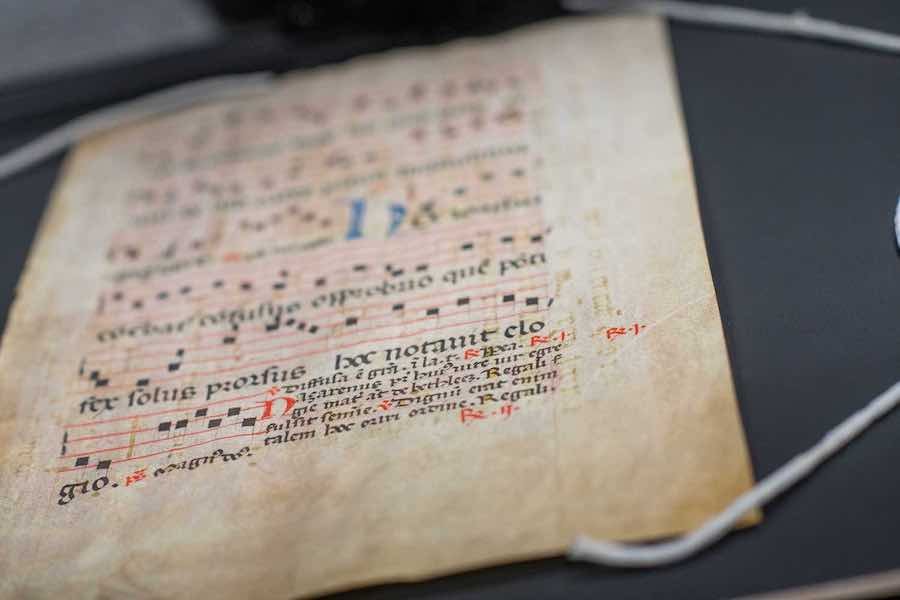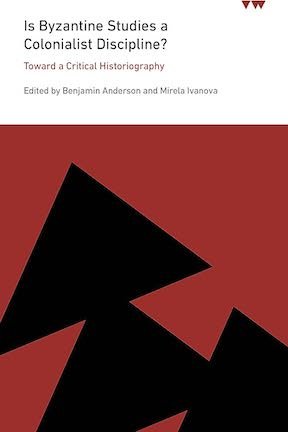The Kress Foundation is again generously supporting five research and publication grants to be administered by the ICMA. This year, grants are $3,500 each and ICMA members at any stage past the PhD are eligible to apply.
The deadline for the 2023 grant cycle is 31 August 2023.
Upload materials HERE.
ELIGIBILITY
The ICMA-Kress Research and Publication grants ($3,500) are now available to scholars who are ICMA members at any stage past the PhD.
With the field of medieval art history expanding in exciting ways, it is crucial that the ICMA continue to encourage innovative research that will bring new investigations to broad audiences. These grants are open to scholars at all phases of their careers. Priority will be given to proposals with a clear path toward publication.
If travel is a facet of your application, please include an itinerary and be specific about costs for all anticipated expenses (travel, lodging, per diem, and other details). If you aim to inspect extremely rare materials or sites with restricted access, please be as clear as possible about prior experience or contacts already made with custodians.
If your application is for funds that will support the production of a book, please include a copy of the contract from your publisher, the publisher’s request for a subvention, and/or specifics on costs for images and permissions.
Preference will be given to applicants who have not received an ICMA-Kress grant in the past.
Please submit these documents for your application:
1) A detailed overview of the project (no more than three pages, single spaced). Please also confirm that your ICMA membership is active and specify whether or not you have been awarded an ICMA-Kress grant previously.
2) A full cv.
3) A full budget.
4) Supporting materials – an itinerary (for applications involving travel), a contract and schedule of costs (if a press requires a subvention), or table of anticipated fees for image permissions (if applicable).
Please note: If you are applying for funds to support the production of a book, please do not upload the entire typescript or portions of the text.
The application should be submitted electronically HERE. Recipients will be announced in October 2023.
Questions can be addressed to Ryan Frisinger, Executive Director, at awards@medievalart.org.
Failure to include all required materials adversely affects the review process.











